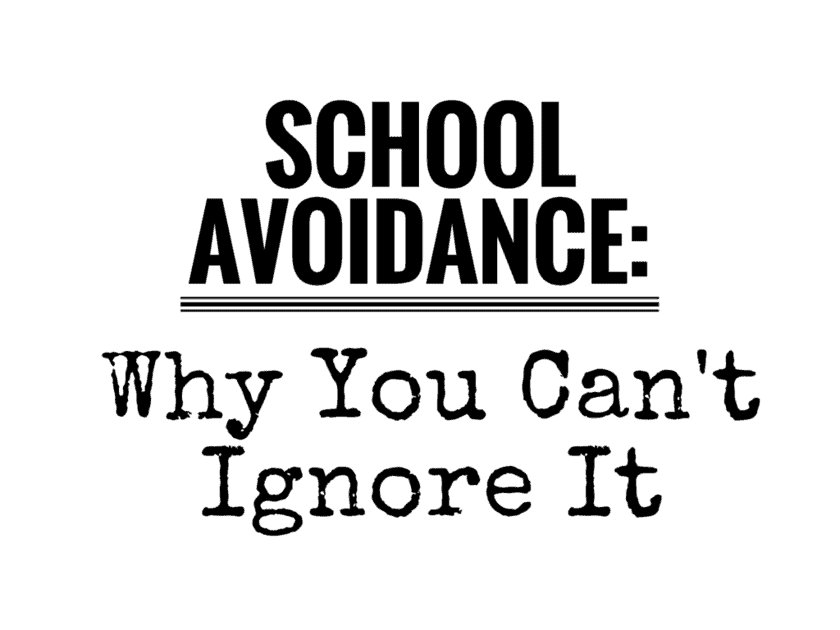
In the current issue of Deutsches Ärzteblatt International, child and adolescent psychiatrist Martin Knollmann and colleagues describe school avoidance due to emotional issues and compare it with true truancy. The truant child will skip school to engage in more preferred activities such as spending time with friends or using drugs, and parents are often unaware of the behavior. The onset is around age 11. In contract, school avoidance starts earlier, around age 6, and is often due to anxiety over attending school. Anxiety can be due to multiple issues, such as problems with school (e.g. academic issues or bullying), can be due to separation anxiety, or due to medical issues such as asthma or diabetes. The avoidant child or adolescent prefers to stay home. They often express fears and anxieties, especially in the morning, and complain of diffuse physical symptoms.
In this German study, about 5 to 10% of youth avoided school, but the underlying reasons were not known. It was more common in adolescents than children, and had a 2:1 ratio of boys to girls.
In school avoidance, the primary objective of treatment is to quickly re-establish regular school attendance. Sick notes or prescriptions for home school or independent study are usually not advisable because the child will have more difficulty returning to school after a long break.
Appropriate treatment options include cognitive behavior therapies, in combination with antidepressants if required. Exclusively child and adolescent psychiatric treatment, however, is usually not sufficient; those children who are affected need a support network consisting of school staff, youth services, and medical professionals.
For more information and help, please go to Anxiety Disorders in Children and Adolescents and Helping Your Child Deal with Fears & Phobias.


